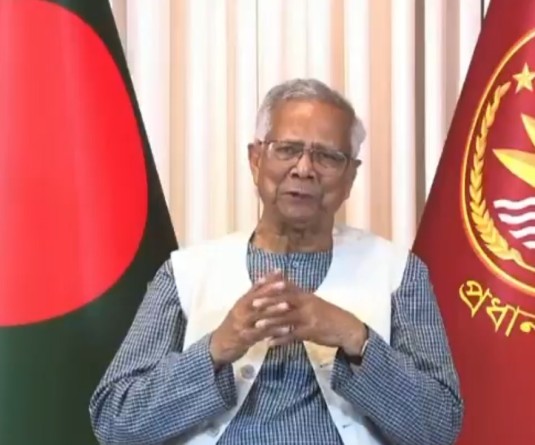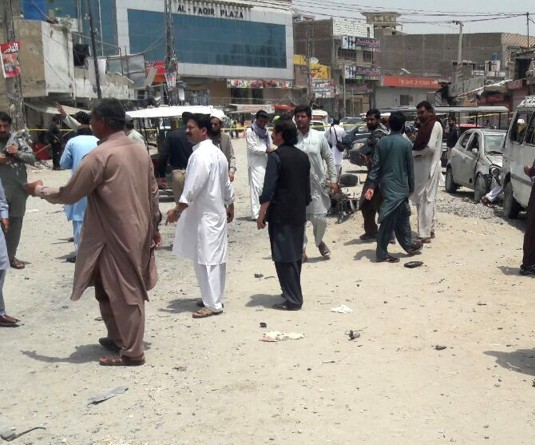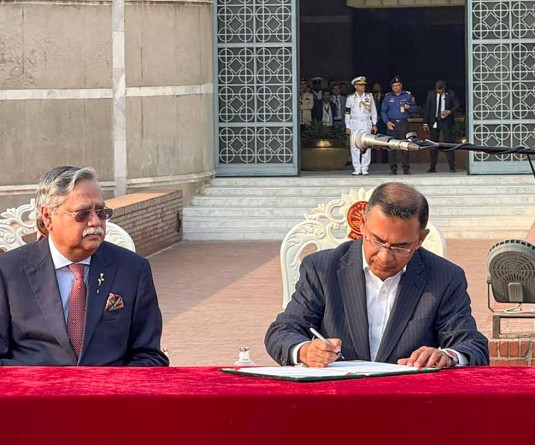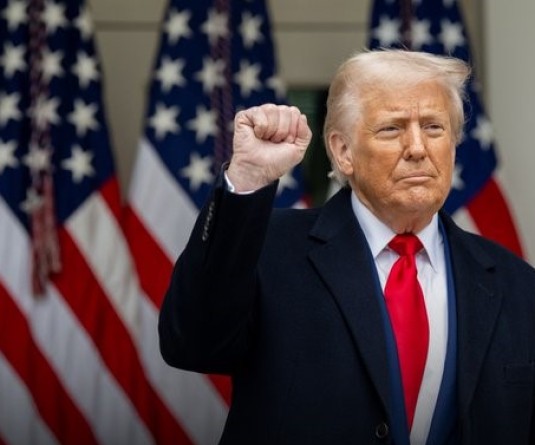
Beijing, February 5 (PTI): China on Friday slammed British broadcaster BBC for its report exposing alleged systematic rape and sexual abuse against women in internment camps for ethnic Uighurs and other Muslims in Xinjiang region and condemned revocation of licence of its state-owned broadcaster CGTN in the UK as an "ideological bias" by Britain.
China's Foreign Ministry Spokesman Wang Wenbin also sharply criticised Britain's move to expel three Chinese journalists on spying charges.
The UK has expelled three Chinese spies working in Britain while posing as journalists over the past year, the Daily Telegraph newspaper reported. The three were reportedly intelligence officers for Beijing's Ministry of State Security, the paper reported on Thursday.
China's state-owned broadcaster China Global Television Network (CGTN) lost its broadcast licence in the UK on Thursday after media watchdog Ofcom concluded that the news channel was ultimately controlled by the ruling Communist Party of China.
Ofcom said that SCML, the company that owns the UK licence for CGTN does not have day-to-day control over the channel, which is against its rules.
Ofcom previously ruled that CGTN repeatedly breached impartiality standards with its coverage of protests last year in Hong Kong, a former British colony.
A BBC's video report detailing allegations of the systematic rape of Uighur Muslim women in special camps in Xinjiang with on the record accounts by alleged victims has embarrassed China as it drew global condemnation.
In the report, one victim said that women were removed from their cells "every night" and raped by one or more masked Chinese men.
Tursunay Ziawudun, who fled the region after her release and is now in the US, said she was tortured and later gang-raped on three occasions, each time by two or three men, according to the report on BBC website.
In the report a Kazakh woman from Xinjiang who was detained for 18 months in the camp system said she was forced to strip Uighur women naked and handcuff them, before leaving them alone with Chinese men.
The Chinese men "would pay money to have their pick of the prettiest young inmates", said Gulzira Auelkhan. "They forced me to take off those women's clothes and to restrain their hands and leave the room," she said.
A former guard at one of the camps, who spoke on condition of anonymity, described torture and food deprivation of inmates.
Adrian Zenz, an expert on China's policies in Xinjiang, said the testimony gathered by the BBC was "some of the most horrendous evidence I have seen since the atrocity began."
"It provides authoritative and detailed evidence of sexual abuse and torture at a level clearly greater than what we had assumed," he said.
The US government has said it is "deeply disturbed" by the BBC report detailing allegations of systematic rape of Uighur women in Chinese camps.
"These atrocities shock the conscience and must be met with serious consequences," a spokesperson said.
A UK government minister, Nigel Adams, said in Parliament on Thursday that the report showed "clearly evil acts".
Australia's Foreign Affairs Minister Marise Payne also commented on the report, saying the United Nations should be given "immediate" access to the region.
"We consider transparency to be of utmost importance and continue to urge China to allow international observers, including the UN High Commissioner for Human Rights Michelle Bachelet, to be given immediate, meaningful and unfettered access to Xinjiang at the earliest opportunity," she said.
China's Foreign Ministry has denied the allegations, accusing the BBC of making a "false report".
Spokesman Wang Wenbin said there was "no systemic sexual assault and abuse against women.
"China is a country ruled by law, our constitution guarantees and protects human rights, and it is embodied in our legal system under which governments work," Wang told a media briefing.
Wang said some of the interviewees in the BBC report turned out to be actors spreading false information.
It is not the BBC's first time to publish some false reports on Xinjiang, and we have clarified and refuted many times, Wang said. He also criticised the expulsion of the three scribes and the action against CGTN as ideological bias by Britain.
Separately, the Chinese Foreign Ministry lodged a protest with the BBC's Beijing office over its COVID-19-related fake news coverage.
According to the statement, the BBC video linked COVID-19 with politics and once again hyped topics of "covering up" the epidemic and the virus' origin.
The BBC also aired a video clip of anti-terrorism drills as news coverage of "violent law enforcement and human rights violations" by China's epidemic prevention authorities.
"This is fake news with typical ideological bias, which has resulted in a vile impact," the Chinese Foreign Ministry statement said.
Researchers and rights groups estimate that China has rounded up a million or more Uighurs and other minorities into prisons and vast indoctrination camps that the state calls training centres since 2016.
China denies any abuses and insists that the steps it has taken are necessary to combat terrorism and a separatist movement.
The UK's relationship with China has worsened in recent times. The two have fallen out over issues including Hong Kong, tech giant Huawei and alleged human rights abuses against China's Uighur ethnic group in Xinjiang.






